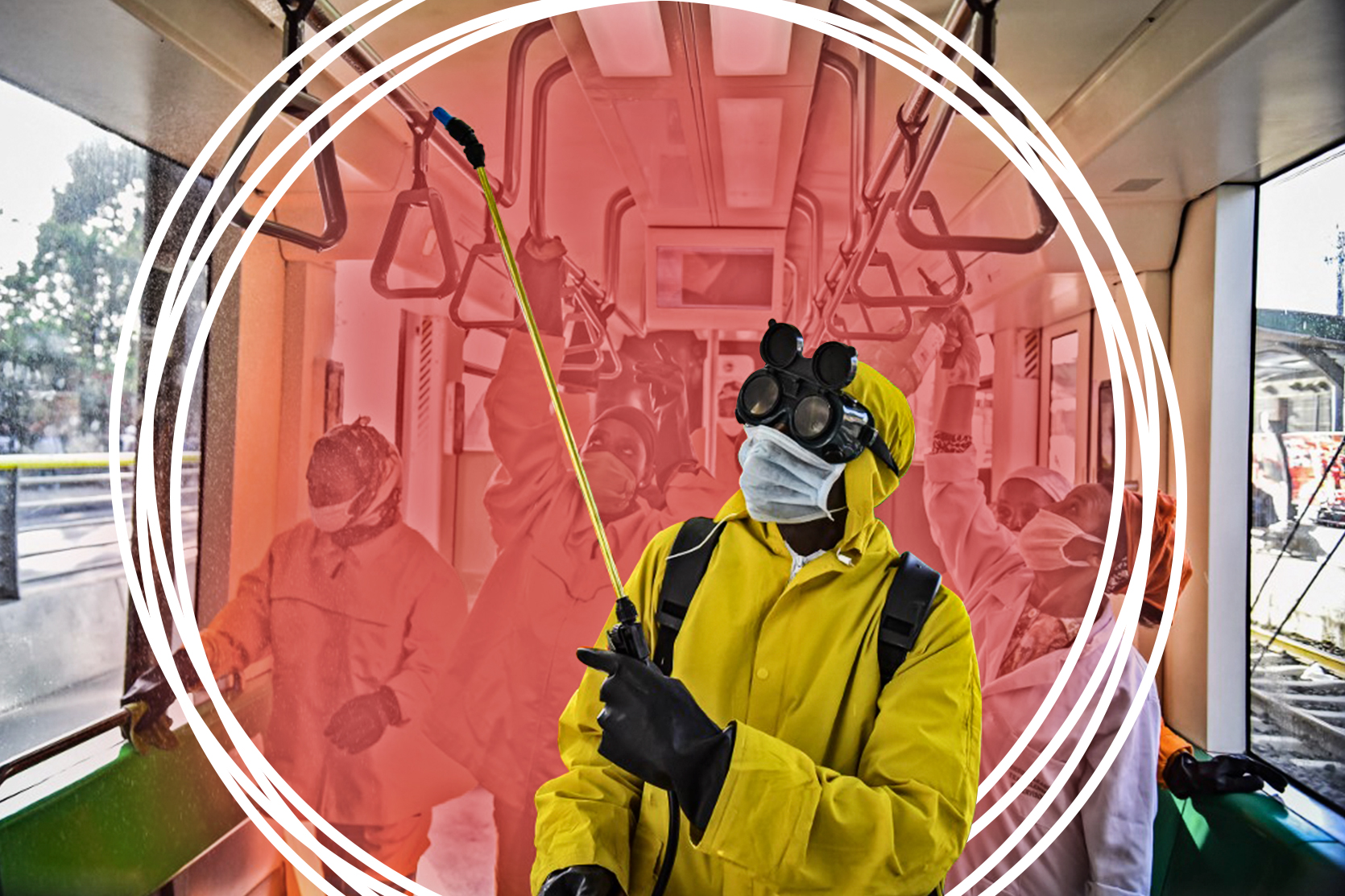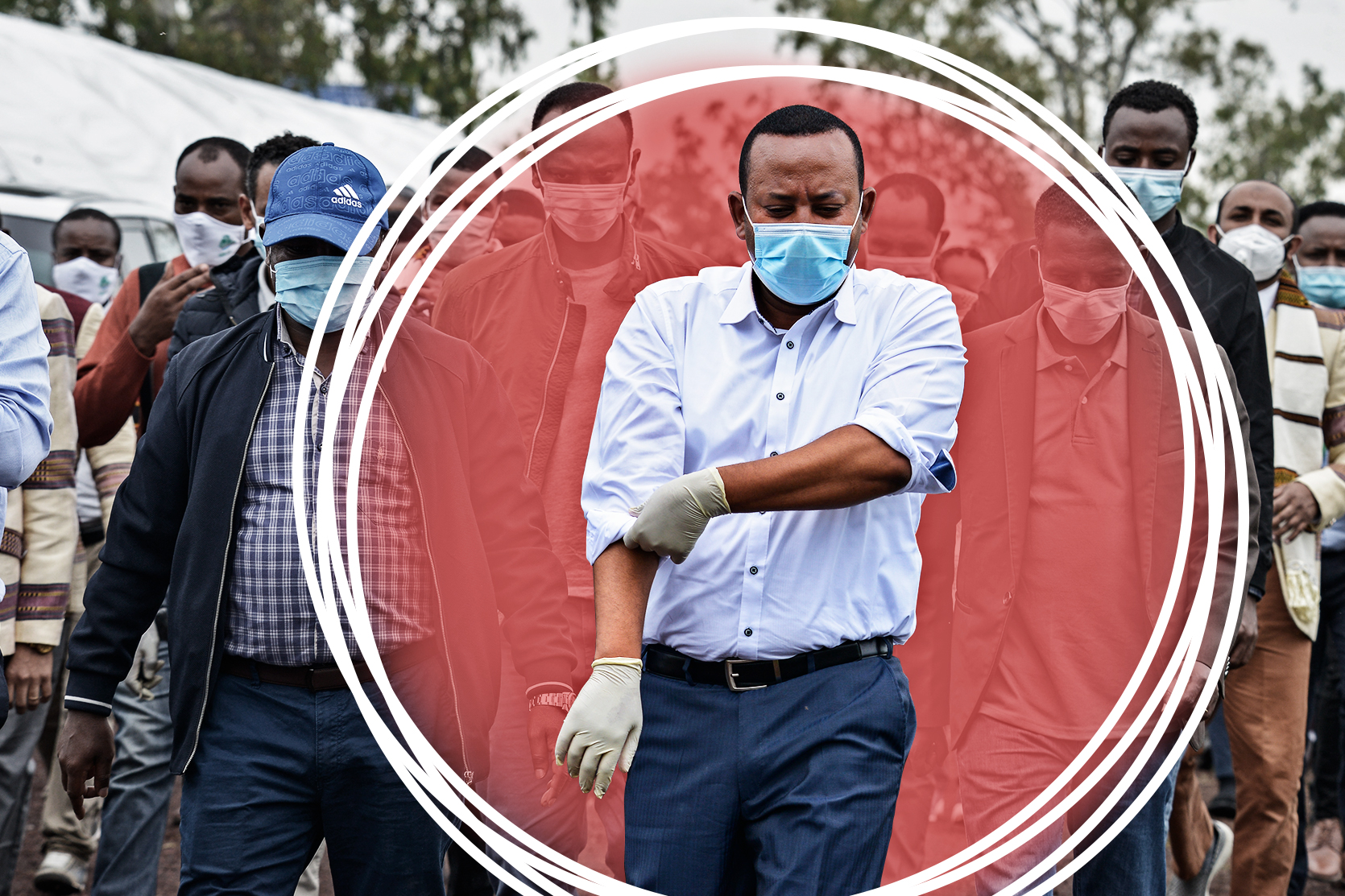
The managing of any crisis tends to be defined by the extent to which suitable measures are available and implemented to address the potential impact of any such eventuality. Adjoined to the process is the degree of oversight being exercised to realise the anticipated outcomes. Furthermore, the appropriateness of the measures contemplated also depend on the nature of the actual disaster, the frequency of its occurrence, the response time to activate applicable measures, and resources to mitigate the consequences. The use of these approaches can be generalised to various incidents, with the most recent being the Covid-19 health pandemic.
The managing of any crisis tends to be defined by the extent to which suitable measures are available and implemented to address the potential impact of any such eventuality.
This article reflects on the South African government’s managing of key aspects of the Covid-19 health crisis, particularly the financial risks associated with millions earmarked for social relief and procurement of related goods and services. It is argued that despite clear early warning signals, a large portion of these funds were allegedly misappropriated due to ineffective controls and a lack of accountable managing of financial resources. This appraisal is important to improving early warning and better our understanding of how past governance experiences or trends in a crisis can inform the next one.
Some theoretical context
Early warning is articulated by the United Nations Development Programme (UNDP) as “the strategy adopted to reduce the impacts of disasters and which is based on visual observations, past experiences and cooperation to mitigate losses from upcoming hazards” and “the provision of timely and effective information, through identified institutions that allows individuals exposed to the hazard to take action to avoid or reduce their risks and prepare for effective response”. As past global financial crises and warnings of banking failures have demonstrated early warning studies are also applicable to the finance disciplines.
With early warning located in a crisis pre-planning process, accompanied action steps entail the need to (1) identify the most significant risks leading to the crisis, (2) the most important scenarios for each crisis, as well as (3) the importance of selecting the appropriate measurement for each indicator. Of concern is that there are instances where early warning is ignored, even when the severity of a situation can, in all likelihood, be realised. For example, in the case of the 2011 Somali famine, the fear of potential food insecurity was registered months in advance, with the eventual outcome being disastrous.
As past global financial crises and warnings of banking failures have demonstrated, early warning studies are also applicable to the finance disciplines.
The correlation between early warning and financial risks is enunciated in literature on public sector fraud management, as it informs that with such risks being a reality during any disaster, certain associated principles should be acknowledged, namely:
- that there will always be fraud due to opportunism or lack of oversight systems to monitor and detect any such
- that the detection of fraud is a governance achievement
- that there is need for cooperation to combat fraud and corruption
- that fraud and corruption incidents also evolve, and
- that prevention is the most effective way to combat such risks (Cheeseman, 2020).
These principles are also underscored by the Basel Institute on Governance as it promotes the need for, among others, the establishment of enforcement controls that are underpinned by transparency and accountability as primary standards.
The South African Covid-19 crisis management case
Section 195 of the Constitution (108 of 1996) provides the primary governance framework for public administration as it obligates that:
- a high standard of professional ethics [that] must be promoted and maintained
- efficient, economic and effective use of resources must be promoted
- public administration must be accountable
Closely related to the issue is the applicability of the Disaster Management Act. Section 7(2)(k) of the Act extends the provision of a governance framework to matters of financial assistance. Furthermore, section 17(1) outlines specific governance expectations, such as the inclusion of early warning systems, while under section 39(2), a disaster management plan is required to provide for appropriate prevention and mitigation strategies. The inference made is that the latter strategies include supply chain management matters since the procurement of essential goods and services is noted in the text. In considering the ensuing early warning indicators, the potential financial risks (i.e. the possibilities of fraud and corruption materialising) became self-evident.
Closely related to the issue is the applicability of the Disaster Management Act. Section 7(2)(k) of the Act extends the provision of a governance framework to matters of financial assistance.
Public procurement as an identified high risk business activity
In addition to the outlined public sector fraud principles, the first “red flag” can be located in the 2019 assessment by the Eastern and Southern African Anti-Money Laundering Group (ESAAMLG), as it cautions that corruption exists at all levels throughout the procurement value chain. It further states that the meddling in the tendering process was found to be prevalent among Politically Exposed Persons and procurement officials. For background purposes, the ESAAMLG was established through the incorporation and adoption of a Memorandum of Understanding by a Council of Ministers of Eastern and Southern African states in 2018. Its primary objective is to implement the 40 recommendations of the Financial Action Task Force on combating money laundering and terrorism financing activities. The groups’ assessment acknowledges that (a) the health sector is considered as the most prone to procurement fraud due to the specialised nature of items that are procured and the many steps involved in the dispensing of medical products, which can create opportunities for corrupt activities, and (b) that Politically Exposed Persons, public procurement officials, suppliers, agents of suppliers, and political party members are among the actors considered as perpetrators of procurement fraud. The assessment aligns with the fact that as a key economic activity, public procurement represents, for example, approximately 14% of Gross Domestic Product. In 2016, the South African government spent R500 billion (15-20% of Gross Domestic Product) on goods and services. By 2019/20 it reflected an estimated 15. 6% thereof.
…the health sector is considered as the most prone to procurement fraud due to the specialised nature of items that are procured and the many steps involved in the dispensing of medical products, which can create opportunities for corrupt activities.
The second and most direct warning is credited to a letter by Transparency International wherein, on 13 May 2020, it highlighted to Southern African countries that public procurement was identified as one of four priorities under the Covid-19 pandemic that should receive government attention. In its open letter, the entity recommended that “Governments monitor, deter, and take relevant action against individuals and companies involved in unfair trade practices, including price hiking of essential goods […]”. Supplementary to the latter warning is the Auditor-General of South Africa (AGSA) on record as having stated that the multi-billion rand Covid-19 relief package is managed in an environment with many control weaknesses.
Risk control measures applied
The following timeline reflects some of the overarching governance measures announced after the relief budget was availed:
- On 24 March 2020, President Cyril Ramaphosa states that the government will “act strongly against any attempts at corruption and profiteering from this crisis”.
- On 2 April 2020, the Gauteng Provincial Treasury informs that the Gauteng Provincial Treasury has centralised procurement of goods and services related to Covid-19 to ensure compliance with supply chain management rules and regulations, and the guidelines issued by National Treasury.
- On 16 April 2020, the Gauteng Health Department requests suppliers to register on its PPE database.
- On 28 April 2020, the South African National Treasury issues measures for the procurement of goods during Covid-19.
The eventual outcome
The managing of the health crisis can be regarded as suited for an evaluation in how the pandemic tested the robustness of the governance regime of public institutions. Subsequent revelations and events highlight that despite the outlined early warning signals, and control measures adopted, millions earmarked for social relief and for procurement of goods and services were allegedly misappropriated. Some of the initial outcomes resulted in a media statement on 27 July 2020, informing that the Presidential spokesperson was granted special leave. Flowing from this development was similar leave granted to, and followed by the ultimate dismissal of the Gauteng Member of the Executive Committee (MEC) for Health, Bandile Masuku. Extended criminal investigations directed at various other senior public servants, public officials and private businesses linked to the alleged wrongdoings were also initiated. . The AGSA was also tasked, under a Presidential directive, to conduct an extensive audit on the matter with the first report released, calling for:
[…] oversight structures to use this report to direct their oversight actions and call accounting officers and authorities, as well as executive authorities to account for the implementation of the Covid-19 initiatives and the management of the funds entrusted to them
The managing of the health crisis can be regarded as suited for an evaluation in how the pandemic tested the robustness of the governance regime of public institutions.
Insofar as the political fallout, along with increased public opinion for action in curtailing these wrongdoings, it is the belief that a scandal of this nature tends to amplify renewed calls for ethics as a governance standard in public administration. With overall oversight clearly compromised, the manner in which the pandemic was managed underscores the theoretical inference that any weak governance regime is characterised by a combination of actions (or decisions) that reflect as “illegal and unethical, illegal and ethical, or legal and unethical” due largely to either intent or structural governance deficiencies. Hence there is a need for a sustained and effective governance approach that exhibits strong work ethics and controls.
Conclusion
With sufficient warning indicators evident prior to the commencement of the financial disbursements, effective control and accountable managing of financial resources are central to the current fallout in how the crisis was managed. Therefore, the breaches of compliance standards must be a consideration in any review on expected governance expectations. If not, the questions as to how and why governance lapses occurred could be repeated. Also, how consequence management is applied as a deterrence in addressing governance deficiencies is an important consideration.
We’d love to hear from you! Join The Wicked Conversation by leaving your comments below, or send your letter to the editor to stephen@gga.org.
To get your copy of Extremisms: Volume 3, click on your preferred link below:
Loot: https://tinyurl.com/yyzvaxmu
Takealot: https://tinyurl.com/yxqdm7by
Amazon Kindle: https://tinyurl.com/y3zgz55f
Amazon Print edition: https://tinyurl.com/y3gw5xxo
Dr Lincoln Cave holds a Doctorate in Public Management and a Master’s in Security Studies. He is a diplomat and writes in his professional capacity as a Certified Ethics Officer. Dr Cave is also an Associate Member of the Institute of Commercial Forensic Practitioners (ICFP) and a Supporter of the Ethics Institute of South Africa.












